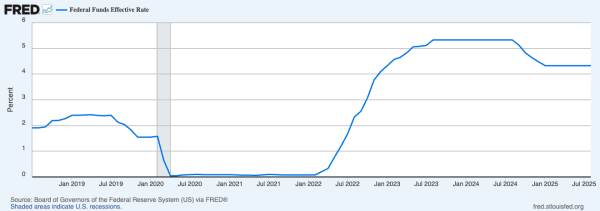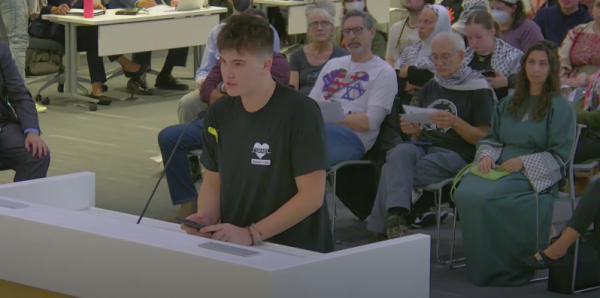AIR Tests Inhibit Learning

It is no surprise that students who attend poorly-funded schools do worse on state tests; we all deserve the resources to succeed, not just those who are on the top.
AIR Tests, we all know them: those pesky state tests we have to take in some classes at the end of the year to be eligible to graduate.
These tests are the reason our schedules are turned upside down in the month of April.
But do we really need them? Well, opinions about that range across the board.
State officials and school administrators view these tests as important to track student learning.
“I do think that students should take end of course exams based on the state curriculum,” Beachwood City Schools Director of Curriculum Linda LoGalbo said.
After all, the ACT and SAT do not test the curriculum of high school classes.
“The science ACT doesn’t really measure your knowledge of science, it doesn’t measure content knowledge,” science teacher Alex Paulchell said.
However, many students and teachers feel that there is too much emphasis placed on the state’s end of course exams.
“There is too much stock put into them,” English teacher Todd Butler said. “… Standardized tests don’t measure the complexities of being human.”
“I do not like the ranking of schools based on the results of the assessments,” LoGalbo said. “I think that our assessment systems need to move to a formative assessment model like the current assessment system in Finland.”
According to the article Assessment in Finland: A Scholarly Reflection on One Country’s Use of Formative, Summative, and Evaluative Practices by Katie A. Hendrickson, Formative assessments have five purposes: “improving instruction and learning, evaluating student progress, providing feedback for students to understand their thinking, communicating expectations and improving attitudes.”
Maybe this is why Finland ranks so high in the world in education; their education system is built for the students and not for the ranking of them.
I’ll tell you, the state tests are not good measures of what we learned in class.
For example, the ELA II test that I took this year didn’t really touch on the big ideas of what we have learned throughout the year such as diversity and acceptance.
The skills I needed to pass the test were skills I’ve had built up over many years.
Additionally, the test was much easier than the practice that we did in class. We took a practice test twice this year, and both times we only got 90 minutes to do 40 questions, including two essays.
But for the actual test we had two hours to complete 20 questions and one essay. It made me feel like all of the anxiety I had built up was small, useless. We didn’t need to spend this much time preparing for it.
In fact, if I was given this test 4-5 years ago, I bet I still could’ve done it and earned a good score.
Also, it bothers me when this is a graduation requirement and it’s not even assessing me on what I learned in class.
I know it’s a statewide test, and all schools in the state have a different curriculum and different resources, but that doesn’t mean that the tests can’t be more relevant to the curriculum.
We learned a lot more in sophomore English than what we saw on the test, which was mostly nonfiction articles related to American history and government.
Maybe these tests could be given earlier in the year or just scrapped entirely because, from my perspective as a student, they really serve no purpose.
Or maybe Ohio should re-evaluate our education system and compare it and its results to other places in the world that rank higher in education and make changes based on that.
And why should we as high schoolers take these state exams when we already have finals?
Ultimately, these test scores tend to correspond with the socio-economic statuses of the school districts, and don’t give enough information about how the students did, making it hard for teachers to change their teaching styles.
Teachers would need results earlier in the year if they were to use them to help students.
The Ohio legislature should make sure that everyone is able to succeed by giving all schools the resources they need, rather than spending so much of their money and our time on testing.
Rather than measuring what students learn, state testing reveals the history of redlining and systematic racism, due to the fact that the wealthier communities tend to do better and have higher rankings than lower-income ones.
After all, it is no surprise that students who attend poorly-funded schools do worse on state tests; when we all deserve the resources to succeed, not just those who are on the top.












